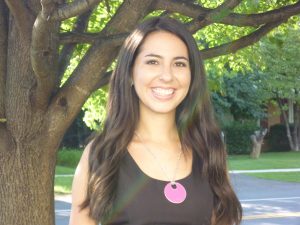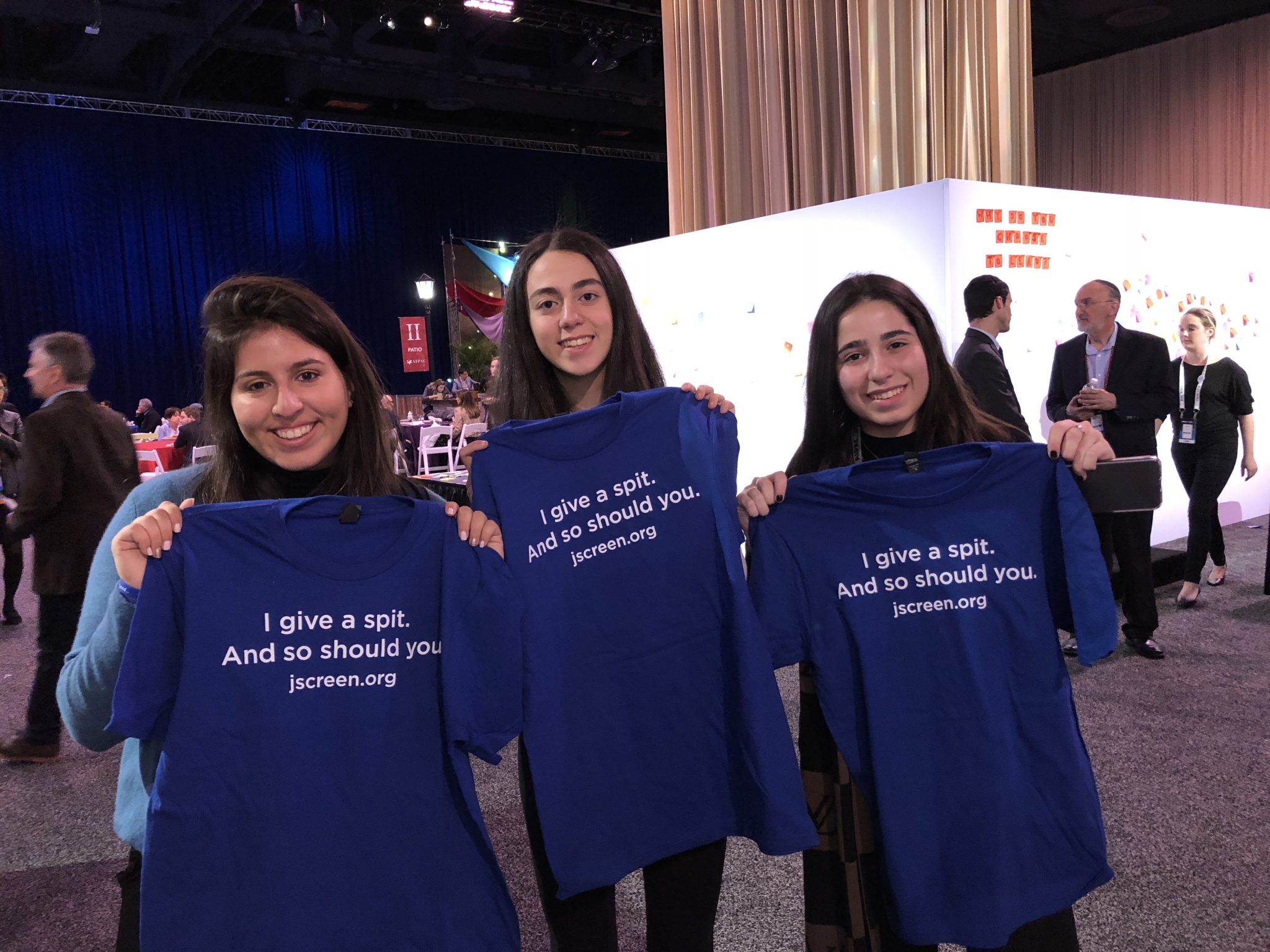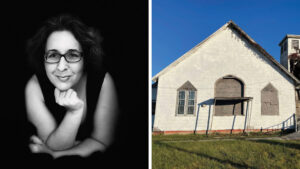Find out what’s in your genes.
On July 12, from 5-8 p.m., the Atlanta-based organization JScreen will conduct a genetic screening event at the Owings Mills Jewish Community Center, 3506 Gwynnbrook Ave. The screening is for more than 200 genetic disorders – such as Tay-Sachs and Gaucher disease — that are more prevalent in the Jewish community than the general population.

Jmore recently spoke with Hillary J. Kener, JScreen’s national director of outreach, about the event and “Jewish diseases.”
Jmore: Is this your organization’s first screening event in Baltimore?
Kener: Yes, and we’re very excited about it. It’s our first time at the JCC and in Baltimore, although we’ve had lectures in Baltimore in the past. But this is our first onsite screening event there.
Of course, we’re also available 24/7 through our website, jscreen.org, and we’ll mail you a kit. But we’ve already gotten a lot of good reaction from the [Baltimore Jewish] community, and the rabbis have really gotten the word out. We expect a good crowd.
You do these events regularly?
Yes, we do these kinds of screenings and onsite events all around the country, including at the University of Maryland [College Park].
You’ll be giving out free kits at the screening event to the first 40 participants?
Yes. We’re a non-profit and the kit is only $149. It would cost a lot more but the cost is defrayed by a generous donation from the National Gaucher Foundation, which is based in Rockville.
What’s in the kit?
It’s just a test tube to provide your saliva sample, then a cap for it and a bio-hazard bag. Prior to getting tested, people should not eat or drink for a half-hour.
What’s different about this event on July 12?
This is an opportunity for people to come out and ask questions, and a counselor will be there for them. Instead of mailing the kits out, we’re doing face-to-face screenings. People can come into the JCC and they’ll get a kit and make a saliva sample onsite, and they’re done. It takes 10 minutes. Then, three weeks later, they’ll get results from a genetic counselor through a video-conference or by phone.
It’s the easiest thing to do, and we have a 99 percent satisfaction rate.
Some people might not want to know if they carry a gene for diseases, right?
Yes, but there’s no stigma. We screen for 226 diseases, and about 70 percent of people are carriers for them. We want people to know if they are a carrier. That way, you can learn about all the ways of preventing it from affecting your future children.
What diseases are we talking about?
Tay-Sachs, Gaucher, Cystic Fibrosis, spinal muscular atrophy. These are terrible diseases that primarily impact Jews, but also the general population. Gaucher is the most common Ashkenazi Jewish disease. One in 12 Ashkenazi Jews carry [the gene for Gaucher disease].
Are you only targeting Jews for screening?
We don’t turn anyone away, but in particular we’re trying to reach individuals who are of child-bearing years. This is about reproductive risks.
What are some of the misperceptions out there about “Jewish diseases”?
People think, “Oh, I’m not a carrier because I’m a healthy person,” or “My family doesn’t have a history.” But these are recessive diseases, so they wouldn’t know.
Also, some people think they are not carriers because maybe they are adopted or only have one parent who is Jewish. But [the genes for diseases] are still seen among different ethnicities. We recently had a couple where the non-Jewish partner, a Chinese woman, carried the Tay-Sachs gene.
What would you say to someone who’d just prefer not getting tested?
I would say just meet one of these families who lost a child or has a child with a disease. It’s hard to see. This is so important because we can prevent a devastating disease. Why wouldn’t you want to prevent that? We’re here to help and provide information.
If both parties are carriers of a particular gene, do you advise them not to have children?
No. Things have changed a lot over the years. In 2018, couples can opt for a process called In Vitro Fertilization and Pre-Implantation Genetic Diagnosis. You can take a dad’s sperm and a mom’s egg, and in a Petri dish test embryos and see which ones are infected by diseases and implant [the uninfected embryos] back into the mom.
Some couples [who get screened] just decide to take their chances and test early on [during pregnancies]. That way, they’ll know what to see. At least this way they have options.
How many people have you screened so far?
We’ve screened thousands of people, but it’s never enough. We need to screen as many possible. One in three Jews is a carrier for a Jewish genetic disease. It’s so common, but people don’t realize it. There are so many diseases out there, and all it takes is a drop of saliva. There’s no reason to not get it done. We just make it as easy as possible. Everyone needs to spread the word to prevent these devastating diseases.
For information, visit jscreen.org, email info@jscreen.org or call 404-778-8640.





